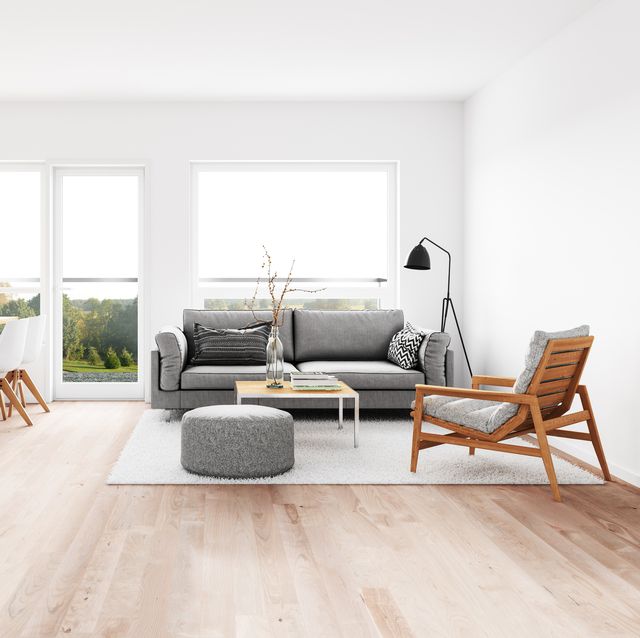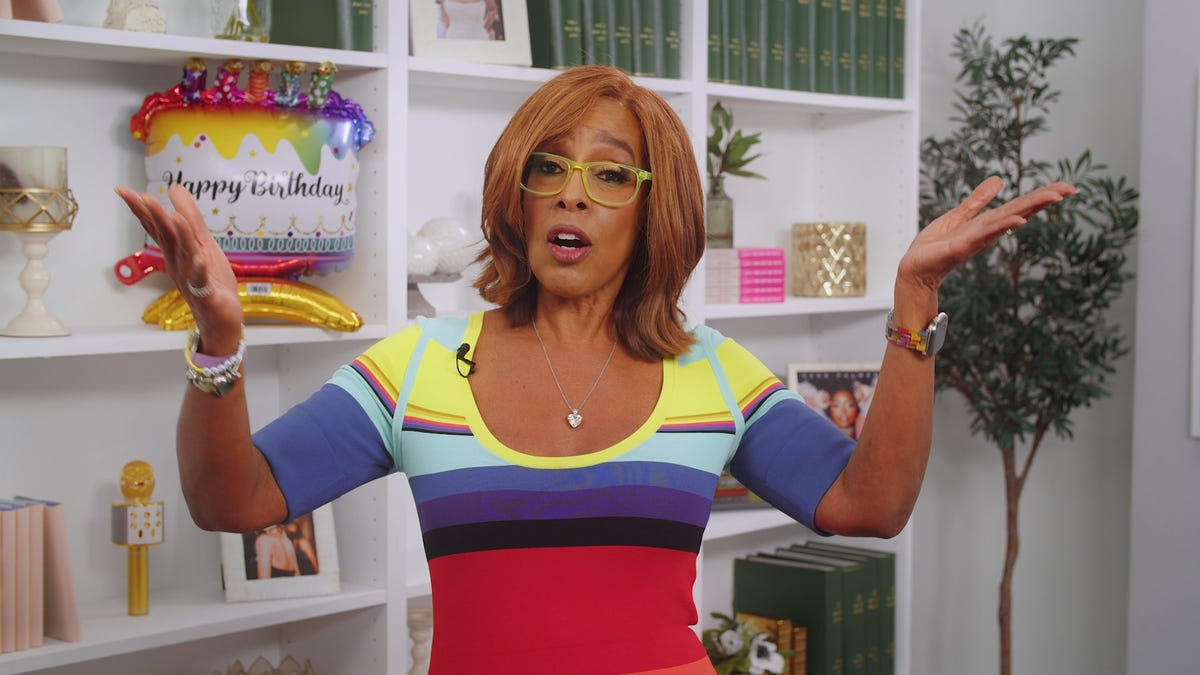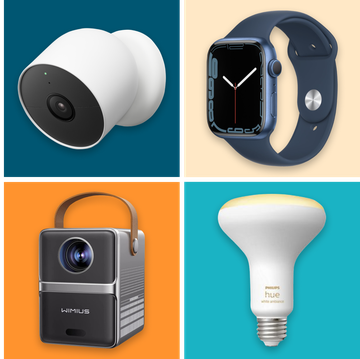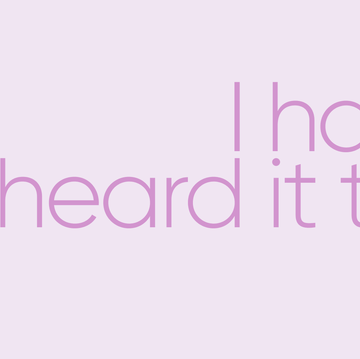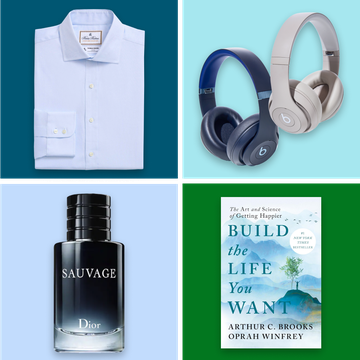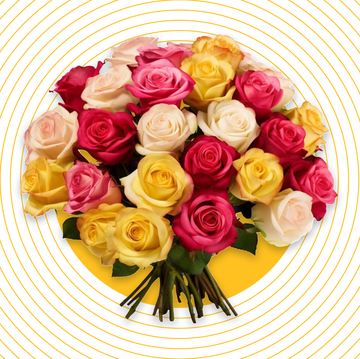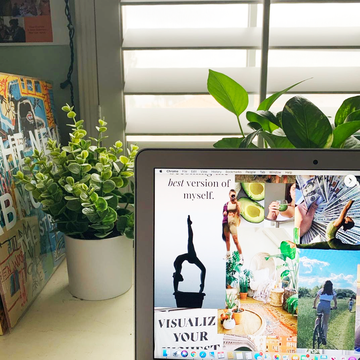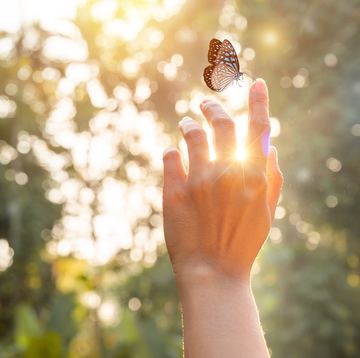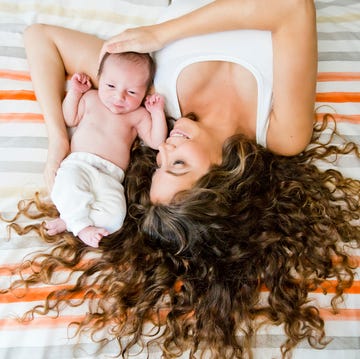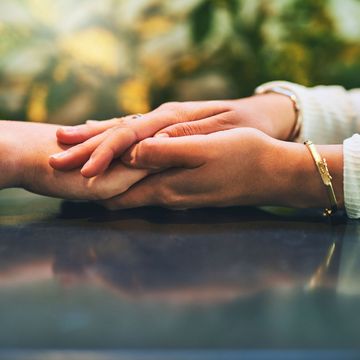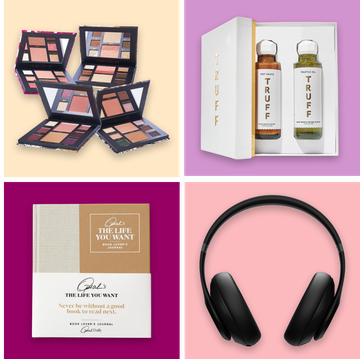Minimalist living—or simplistic living—is nothing new. The concept, which involves freeing yourself from clutter and, to put it colloquially, "stuff," has been around for some time. In fact, you can find mentions of minimalism throughout history. (Buddhists, for example, tend to shun material possessions, and have for thousands of years.) However, the practice didn't become mainstream until the 20th century, when writers, photographers, beatniks, architects, and most importantly artists embraced the idea. According to the New York Times, the minimalist movement began in the art world.
That said, as with all movements, minimalism has changed over time, but thanks to Marie Kondo and the advent of tiny homes, the practice is seeing a resurgence. People around the country (and across the globe) are realizing less really can be more. Here’s everything you need to know about living a minimalist lifestyle, including the potential benefits of bringing more order into your orbit.
The definition of a minimalist lifestyle is fairly self-explanatory.
While the meaning of minimalism varies from person to person, Caleb Backe—a certified health and wellness expert for Maple Holistics—believes all minimalists share a common goal. “A minimalist intentionally focuses on what really matters. For some, this means eliminating the ‘stuff’ that doesn’t make you happy,” Becke says—or as Kondo famously puts it, “sparks joy”—but objects and things are only one part of the equation.
“Minimalism is the intentional choice to live with less,” Stephanie Seferian, the host of The Sustainable Minimalists podcast, explains. “For example, while I keep my home and life clutter-free, I apply minimalism to my social calendar too as I find joy in doing less. The result is more free time to do the things I truly love with the people I love being around.”
One of the major benefits of minimalism is time.
There are several advantages to minimalist living. Less clutter means less time spent cleaning or organizing and more hours in the day for family and friends. Minimalism allows us to focus on our priorities. “By maintaining a clutter-free environment, you’re able to increase focus and productivity thus reducing stress," Backe says—and this increase isn't just psychological. A 2009 study by Darby Saxbe and Rena Repetti found clutter can actually increase cortisol levels—a.k.a. your stress hormone. Therefore, freeing your home from stuff may help you free your mind.
And of course, money.
Minimalism also has a positive impact on your finances. “I have more money in my bank account because I’ve become more critical of my purchases,” Seferian says. “Specifically what I want versus what I need.” As financial guru Suze Orman said on Oprah's 2020 Vision Tour, "Wellness is created when you get as much joy from saving as you do from spending."
Flirting with it? Here's how you can start living a minimalist life.
The easiest way to begin living a minimalist lifestyle is to assess both the people and things around you. “When it comes to objects, you should ask yourself three questions,” Monte explains. “Do I use it? Do I love it? And do I need it?” If the item lacks purpose or passion, it probably also lacks a place in your life; however, the application of this is easier said than done.
Ask yourself: Do I use it? Do I love it? Do I need it?
Start small. Make pros and cons lists, when necessary, and if you are undecided on whether or not you should keep an item, put it aside. Decluttering or KonMaring tends to get easier as time goes on.
As for people, you should surround yourself with individuals who encourage you, challenge you, support you, and bring you joy. “Minimalism is not necessarily about owning a small number of things,” Lisa Jacobs—a sustainable interior designer and blogger—explains.
Of course, some ties are simpler to cut than others. If you have a toxic family member, for example, it may be tough to part ways, but boundaries are key. "Detached contact centers on our ability to be physically present, but not emotionally wounded by the actions of a family member," Shannon Thomas, a trauma therapist and author of Healing from Hidden Abuse, explains. "Try to deflect all attempts to engage in an argument or drama."
Is there a minimalist “checklist" for the home?
While there are some things all minimalists (and people) should have—bedding, for example, is an essential, as is clothing and food—the contents of a minimalist's home will vary from person to person. “One of the great things about minimalism is that it looks different for everyone,” Seferian says. “Essential items for a photographer, for example, are much different than essential items for a teacher.
Keep items that have meaning and purpose.
While minimalism isn’t a one size fits all lifestyle, the goal for everyone is to keep items you already own that have both meaning and purpose,” and Backe agrees.“The idea is to constantly ask yourself ‘I know I want this, but do I need it?’”
Once you've taken care of the "stuff" part, remember, there's more to it.
When you begin living a minimalist life, you’ll want to practice minimalism on a daily basis. After all, why waste time purging people and things from your life if you're just going to fill it back up with clutter and junk? Backe suggests journaling and creating a routine.
“Becoming a minimalist is an internal and external process,” he says. “Start a gratitude journal or make some lists of things you want to achieve and start checking things off that list. You should also review your daily routine and find out what parts of your day-to-day life you can modify to lighten your load,” and Seferian agrees.
“It's important you simplify your schedule, and don’t say yes to obligations that can be avoided only because you feel guilty saying no. Say yes only if you truly want to" or, of course, actually have to.
Naturally, some tasks need to be completed and some meetings cannot be put off, which is to say, you can't exactly cancel on your boss just because you feel like it. However, you can (and should) prioritize your wellbeing.
"Whether it’s halving your morning makeup regime or reading a book instead of scrolling through your phone over breakfast, determine what parts of your daily routine can be simplified, and adjust your schedule accordingly" Backe says.
For more ways to live your best life plus all things Oprah, sign up for our newsletter!
